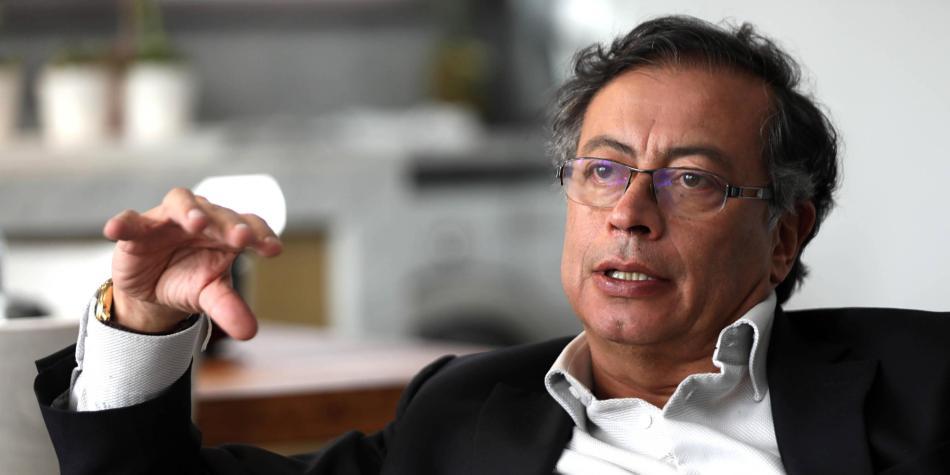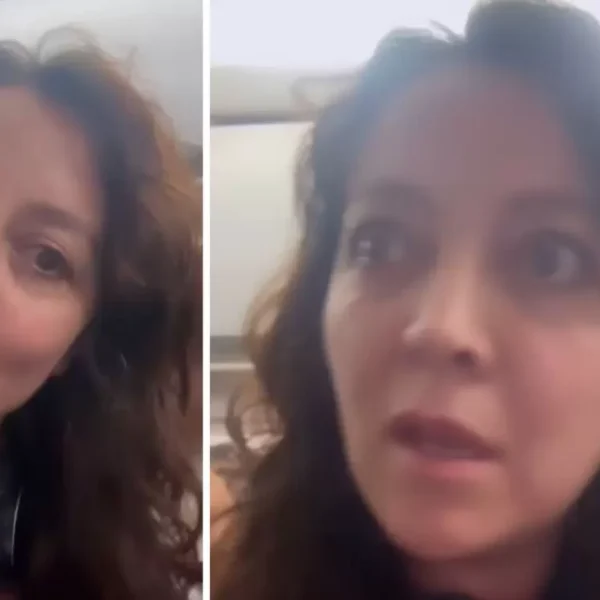In Magdalena Medio, fracking pilots are already being carried out despite the protests of the communities.
Gustavo Petro‘s triumph was also the triumph of many environmental groups. That is why now that the appointed Minister of the Environment, Susana Muhamad, has closed the door on fracking, many breathe a sigh of relief. However, this may conflict with concepts of the Council of State, the possible consequences for the coffers of the Nation and possible lawsuits from companies with which the Nation already had commitments.
And it is that one of Muhamad’s first announcements after being appointed by Petro was that she will end this practice, that she will make the promise of the Historic Pact in the campaign come true. And she reinforced her speech by assuring that the Nation should focus on accelerating the energy transition towards renewable energies, something that the government of Iván Duque is doing in an accelerated manner.
In fact, in dialogue with EL COLOMBIANO, Muhamad assured that “fracking is an unconventional technique for exploiting hydrocarbons that has very strong environmental implications. Today, the communities of Magdalena Medio, where the pilots started, do not agree. We need to accelerate the energy transition instead of increasing dependence on hydrocarbons. The way out is prohibition.”
Later, the next Minister of the Environment told Blu Radio: “The door to fracking is closed, we believe that going to look for the last remnants of gas generates more harm than good. We believe that fracking is not an alternative for a complex such as Colombian ecosystems. We must speed up the transition.”
These statements take more flight with a lawsuit that sought to declare null the technical standards of fracking in Colombia that was rejected this Thursday by the Council of State. According to the high court, the plaintiff did not submit sufficient arguments.
The standards demanded were Decree 3004 of 2013 and Resolution 90341 of 2014, issued by the Executive. What was argued, but the Council of State rejected, is that these mandates represent a risk to natural resources, human and animal health. And they violate the precautionary principle. But, according to what is read in the decision of the Council of State, the plaintiff failed to demonstrate that the regulations were contrary to or alien to scientific knowledge.
“The standards demanded do not create, authorize, endorse or allow fracking. They contain the update of the technical regulations that already existed for an activity that is not prohibited”, specified the high court.
Five councilors voted to file the lawsuit, another three saved vote. The speakers were the magistrates Ramiro Pazos and Jaime Rodríguez.
After the legal issue, there is the future of the explorations that are being carried out in the country, such as that of the Kalé pilot project, which already has an environmental license, and which is firm after a recent ruling by the Administrative Court of Santander.
Some doubt whether the next Presidency could cancel the contract. The answer is yes, since contracts can be terminated unilaterally. The newspaper La República published that “according to the cause of termination that is invoked, the Government would have to advance a contractual process for unilateral termination, because discretion is not absolute. The eventual termination would generate damages against acquired rights of contractors, and would generate international investment claims.”
The problem that the Petro Government would face is the damage caused to Kalé: which would be the economic loss, for which it would have to compensate her, a value that an expert would appraise.
Unlock Now Live Sports Events, Series and Movies with Combo+ (Star+ & Disney+) – Flexible Subscription Options Click to claim 7 days free





























